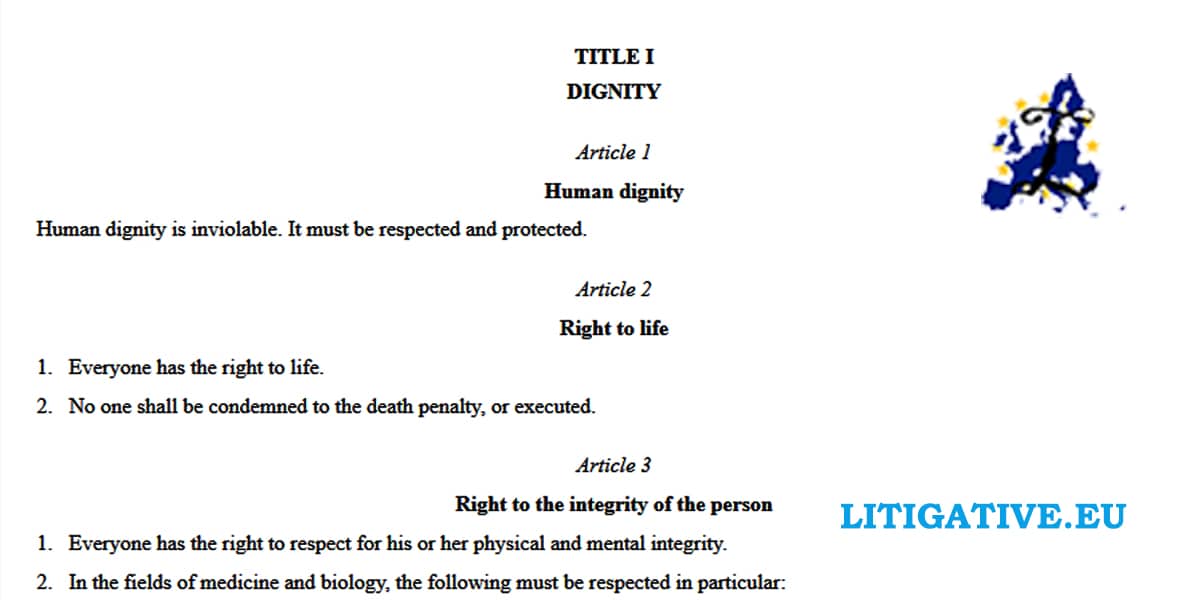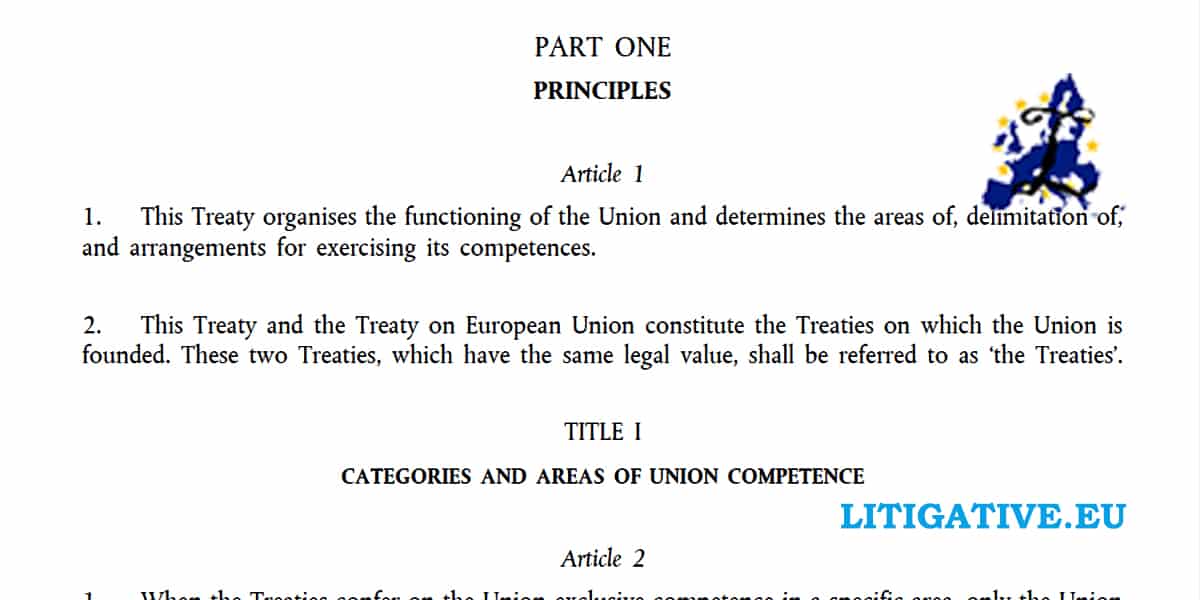Afghans scramble delete digital history evade biometrics as thousands of Afghans struggling to make sure the physical safety of their families after the Taliban took control of the united states of america have a further worry: that biometric databases and their very own digital history can be used to music and target them.
U.N. Secretary-General Antonio Guterres has warned of “chilling” curbs on human rights and violations towards girls and girls, and Amnesty International on Monday said hundreds of Afghans – which includes teachers, reporters and activists – have been “at critical risk of Taliban reprisals”.
After years of a push to digitise databases within the U . S . A ., and introduce virtual identity playing cards and biometrics for balloting, activists warn these technology can be used to target and attack vulnerable businesses.
“We keep in mind that the Taliban is now probable to have get admission to to various biometric databases and device in Afghanistan,” the Human Rights First institution wrote on Twitter on Monday.
“This era is in all likelihood to consist of get entry to to a database with fingerprints and iris scans, and encompass facial popularity era,” the institution added.
Afghans scramble delete digital history evade biometrics
The U.S.-primarily based advocacy institution quickly published a Farsi-language model of its manual on a way to delete virtual history – that it had produced closing 12 months for activists in Hong Kong – and additionally put together a guide on the way to steer clear of biometrics.
Tips to bypass facial popularity consist of looking down, carrying things to obscure facial functions, or making use of many layers of make-up, the manual said, even though fingerprint and iris scans have been hard to bypass.
“With the records, it's far a whole lot more tough to cover, obfuscate your and your circle of relatives’s identities, and the information can also be used to flesh out your contacts and community,” said Welton Chang, leader technology officer at Human Rights First.
It can also be used “to create a brand new elegance structure – process candidates could have their bio-data compared to the database, and jobs may be denied on the idea of having connections to the previous authorities or safety forces,” he brought.
Afghans scramble delete digital history evade biometrics
The most “dire situation” might be to use the statistics to goal every body who become involved in the previous authorities, or labored in an worldwide non-profit, or changed into a human rights defender, he instructed the Thomson Reuters Foundation.
Even five years in the past, the Taliban became using authorities biometric systems to target individuals of the safety forces, checking their fingerprints against a database, consistent with nearby media reports.
On Monday, just hours after the militants rolled into the capital Kabul, there were fears that this changed into already taking place.
“Taliban began door-to-door search” for government officers, former protection forces members and those who worked for overseas non-income, a Twitter consumer known as Mustafa stated on Monday, adding that journalists’ homes have been additionally searched.
Afghans scramble delete digital history evade biometrics
A Kabul resident said in a personal message that she had heard of residence-to-residence inspections, and that the Islamist militants had been using a “biometrics system”.
The Taliban, in a announcement, stated it “assures all its residents that it will, as usually, protect their lifestyles, belongings and honour and create a non violent and at ease environment for its beloved state.”
But digital rights agencies are already getting “tremendous numbers” of requests from civil society organizations and activists on securing their digital presence, said Raman Jit Singh Chima, Asia Pacific coverage director at Access Now.
“We are also very concerned approximately databases retained by means of aid businesses and different organizations, and alarmed that there is no clarity whether or not mitigation measures are being taken to either delete or purge statistics that can be used to goal people,” he stated.
The digital identification playing cards, the tazkira, can expose positive ethnic companies, even as even telecom companies have a “wealth of information” that can be used to track and target human beings, he added.
Afghans scramble delete digital history evade biometrics
The obligation to secure records structures became in the end that of the Afghan authorities, stated Chang, despite the fact that the U.S. Forces and its allies in all likelihood had a role in “designing the structures within the first vicinity and supporting with implementation.”
“Likely now not enough planned making plans was carried out on the outset of creating, keeping and turning over the system in terms of chance exams and prevention of misuse,” he introduced.
Meanwhile, Afghans had been doing what they could to wash their digital profiles.
Boys and men were “frantically going through telephones to delete messages they've sent, tune they’ve listened to & photos they’ve taken,” BBC reporter Sana Safi wrote on Twitter on Sunday.


